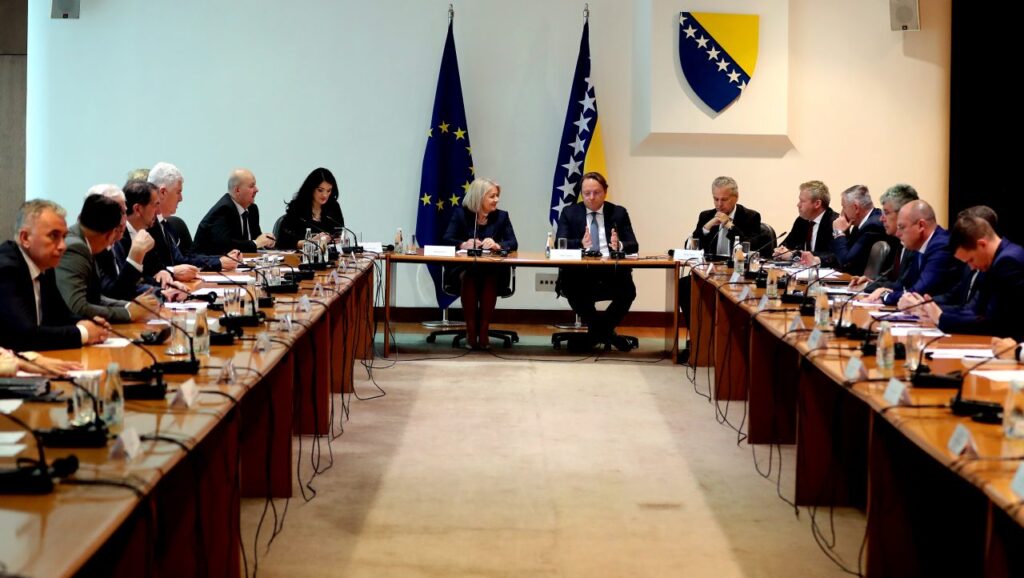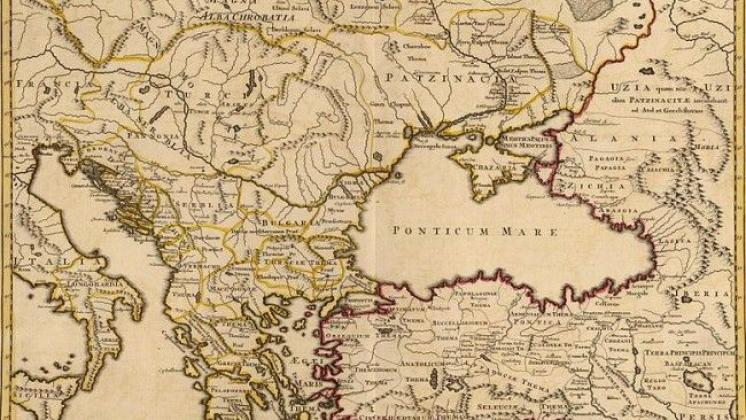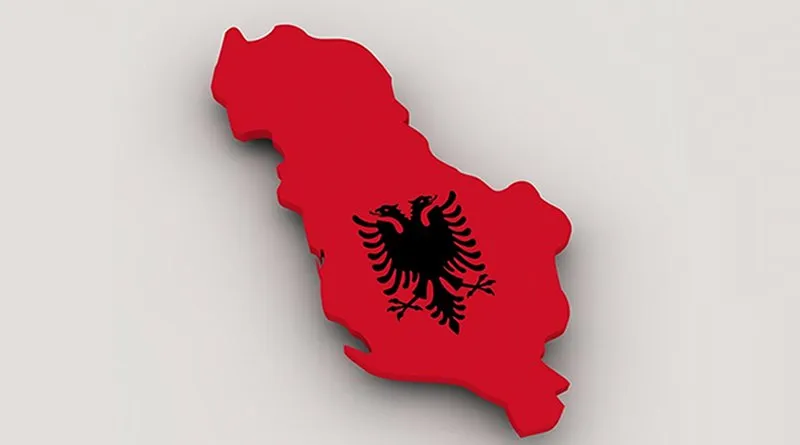Radicalisation and extremism, which can lead to violent extremism, represent a persisting security threat to the Western Balkans. In the past few decades, the Western Balkan countries have been broadly viewed as a breeding ground for religious radicals and violent extremism. Tackling violent extremism was traditionally a task for security sector agencies exclusively. Nowadays, the police have assumed a crucial role in facilitating a preventive multistakeholder approach at the local or regional level, particularly in at risk local settings. The paper presents preliminary findings of a study involving a sample of stakeholders (e.g., police, NGOs, local government representatives, civil society members, religious communities) responsible for dealing with the task of (de)radicalisation in different Western Balkan countries. The data were collected during formal training courses carried out under the auspices of the EU-funded project First Line on preventing radicalisation in 2017. Survey respondents evaluated the effectiveness of different institutions which have an impact on the (de)radicalisation process.





